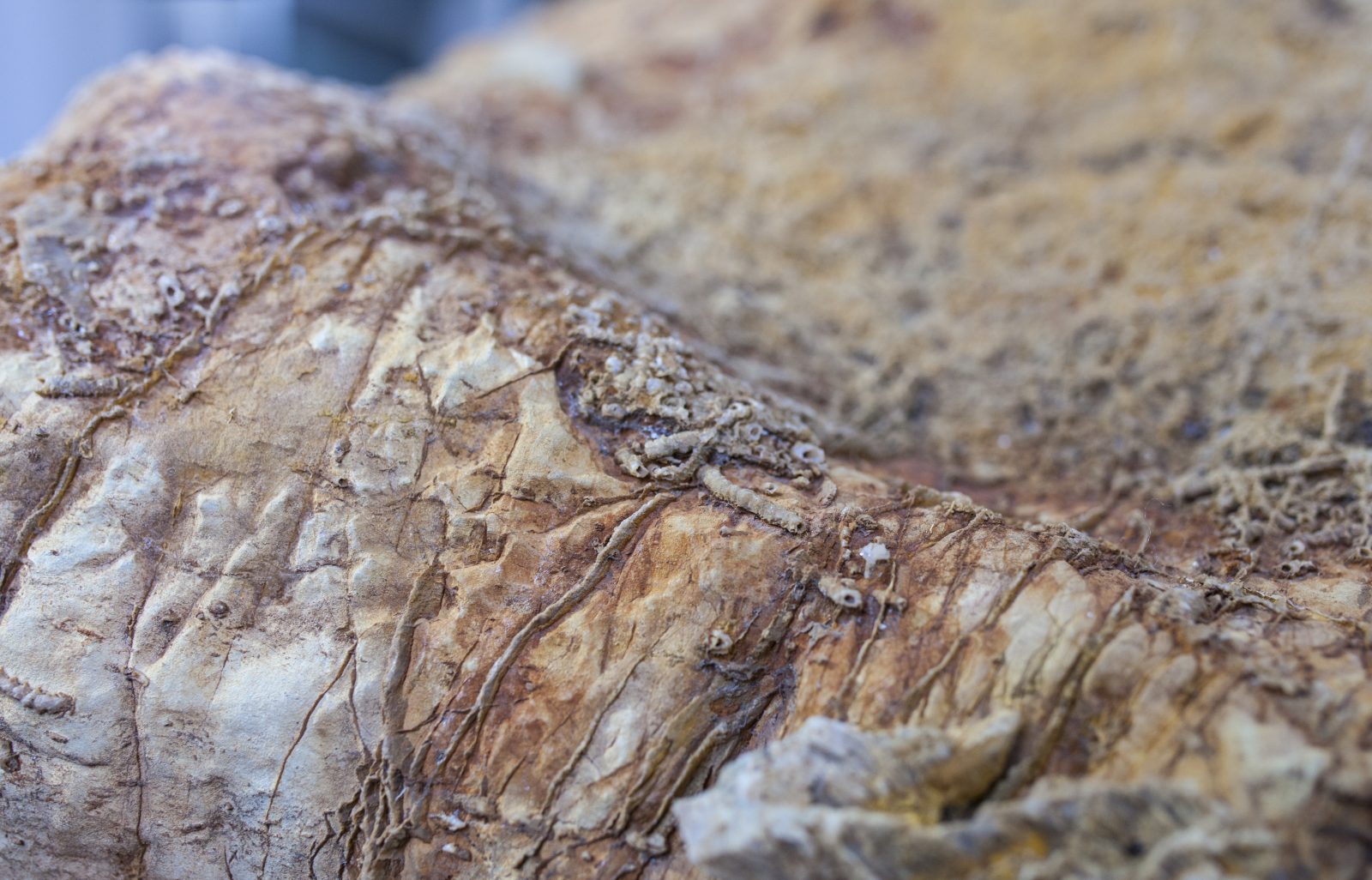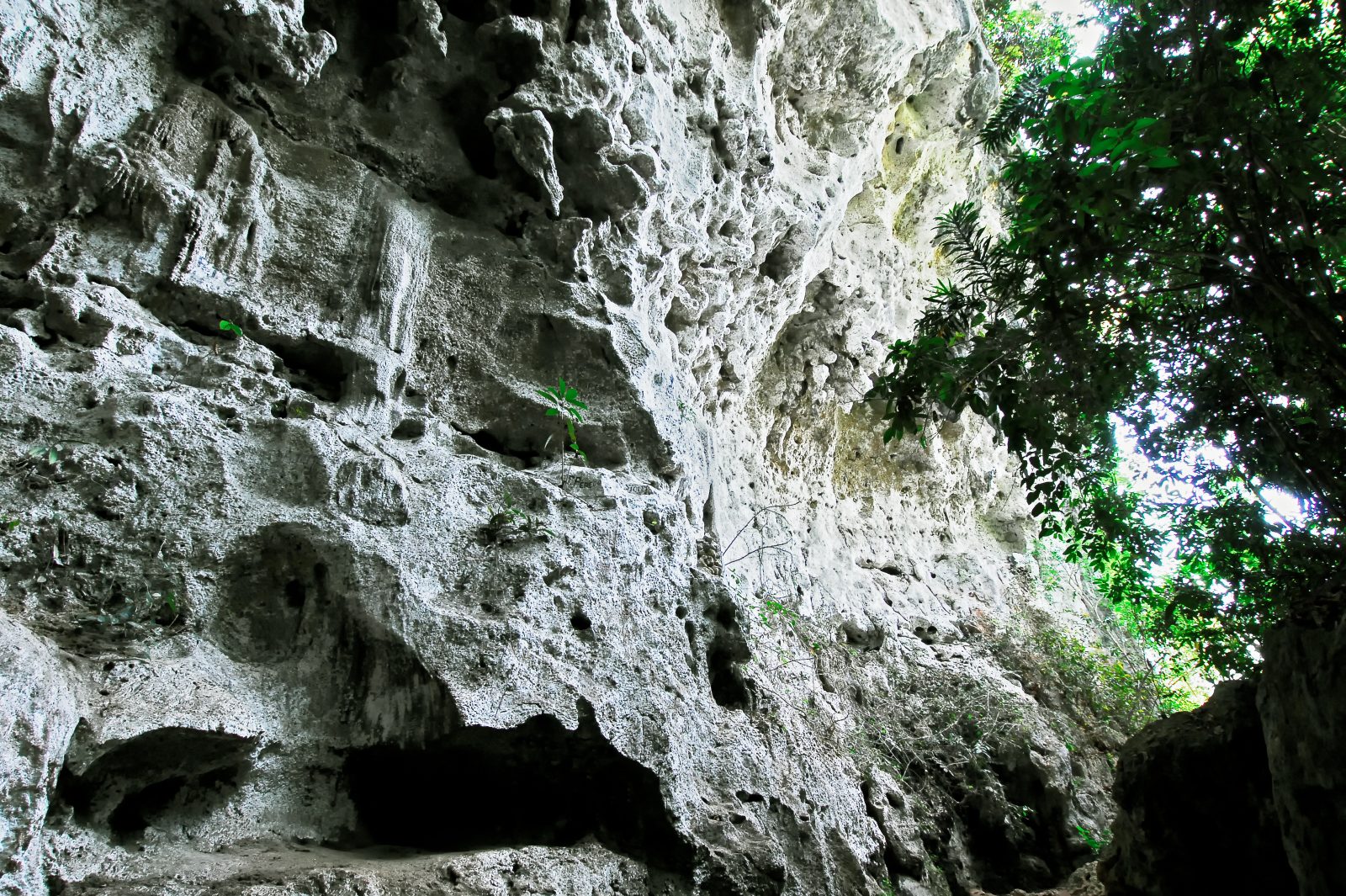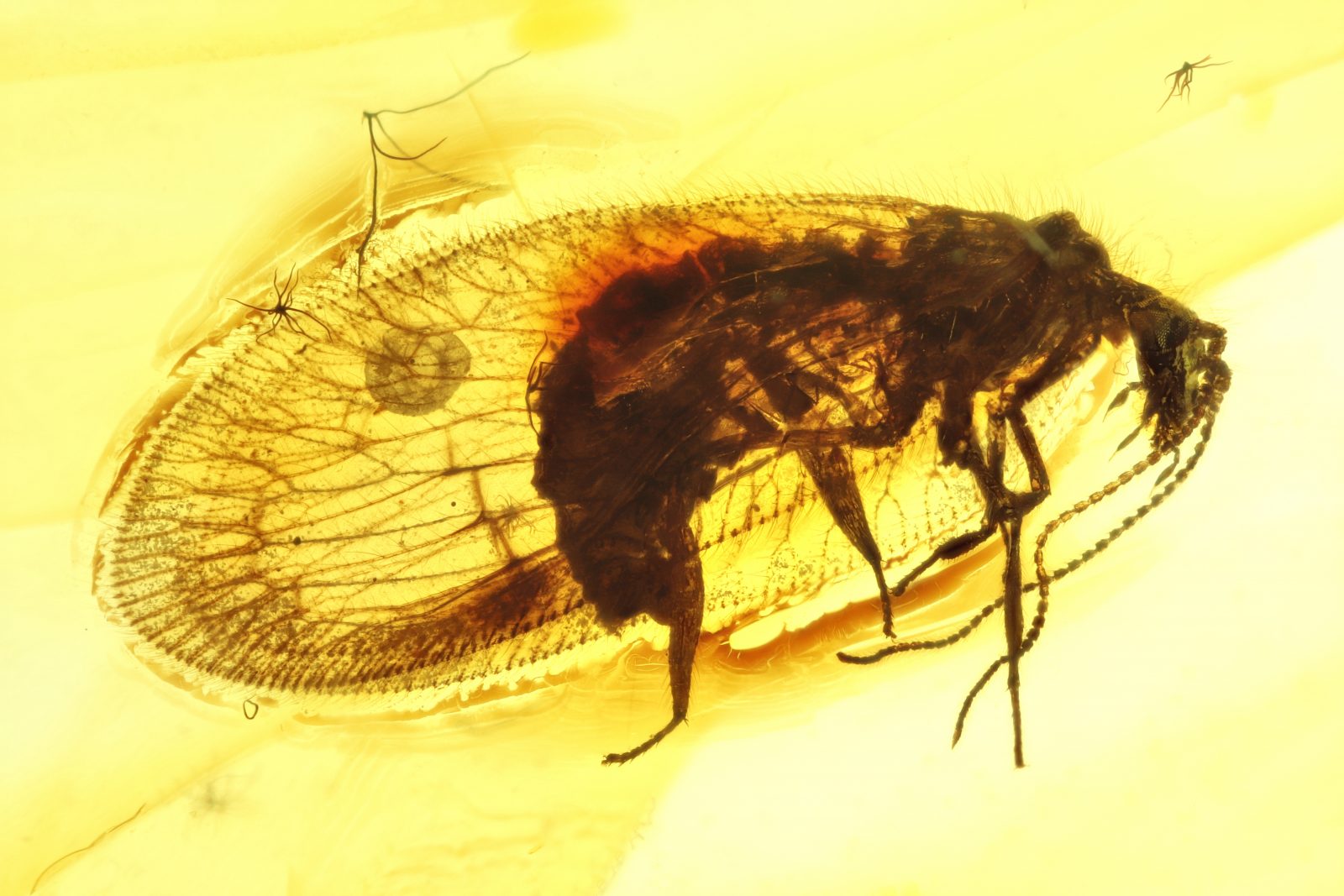
A Paleontologist Buries Another Proposed Cambrian Precursor
On this ID the Future, German paleontologist Günter Bechly explains why the Precambrian fossil Namacalathus fails as a transitional precursor to the Cambrian explosion. Darwinists want to find transitional precursors to the Cambrian animals to minimize how poorly the Cambrian explosion fits with Darwinism’s story of a gradual evolutionary development. Dr. Bechly gives other examples of such efforts as well and shows how each fails. As he says, the more we learn about the Cambrian and Precambrian, the more dramatic the Cambrian explosion appears and the poorer it fits with modern evolutionary theory. As he also notes, the points he makes in this episode have been made by mainstream evolutionary paleontologists. He differs only in stepping back from the larger pattern and arguing for intelligent design as a far better explanation than any version of blind evolution. His conversation with host Andrew McDiarmid pivots off of two articles Bechly wrote at Evolution News, here and here.





